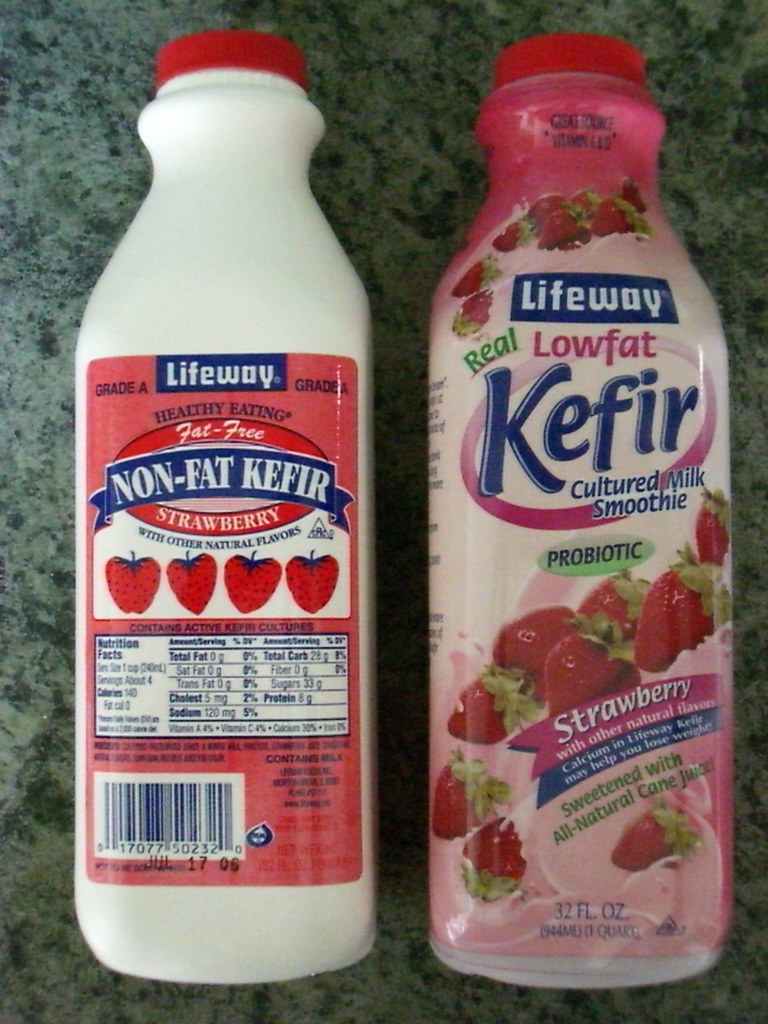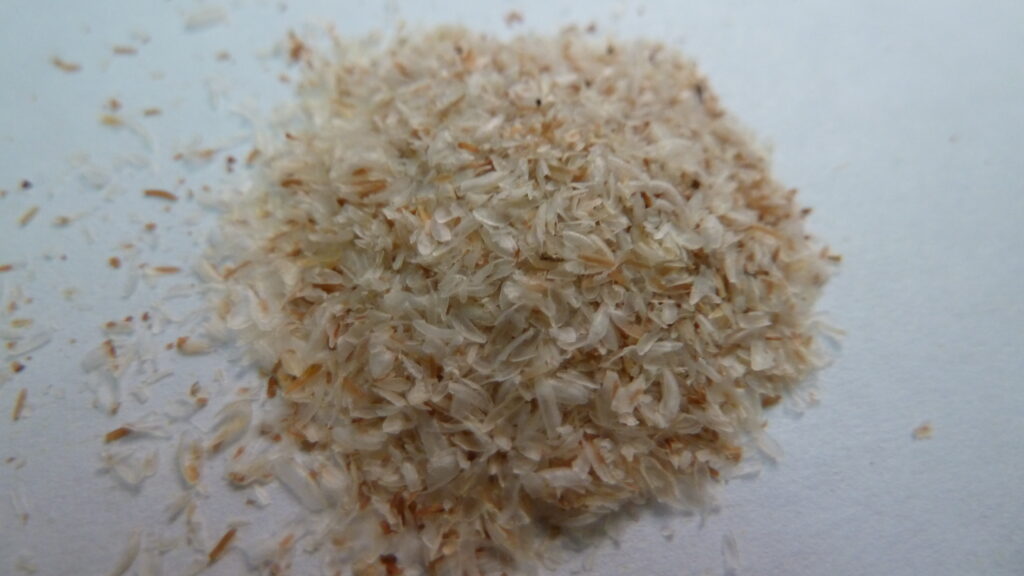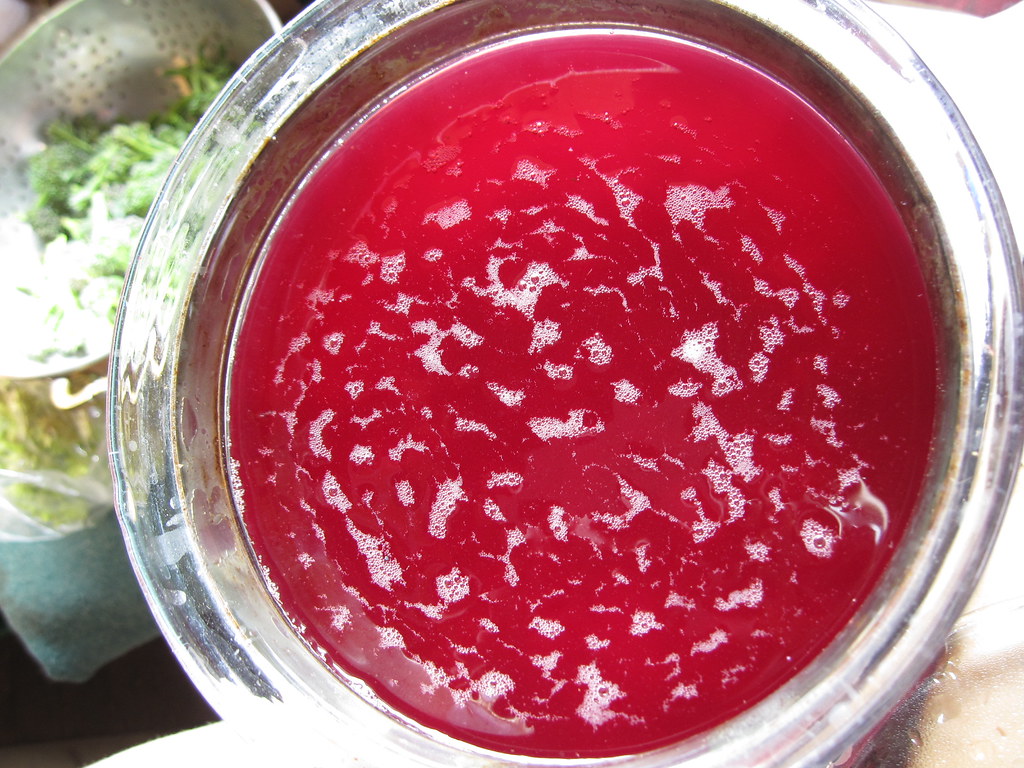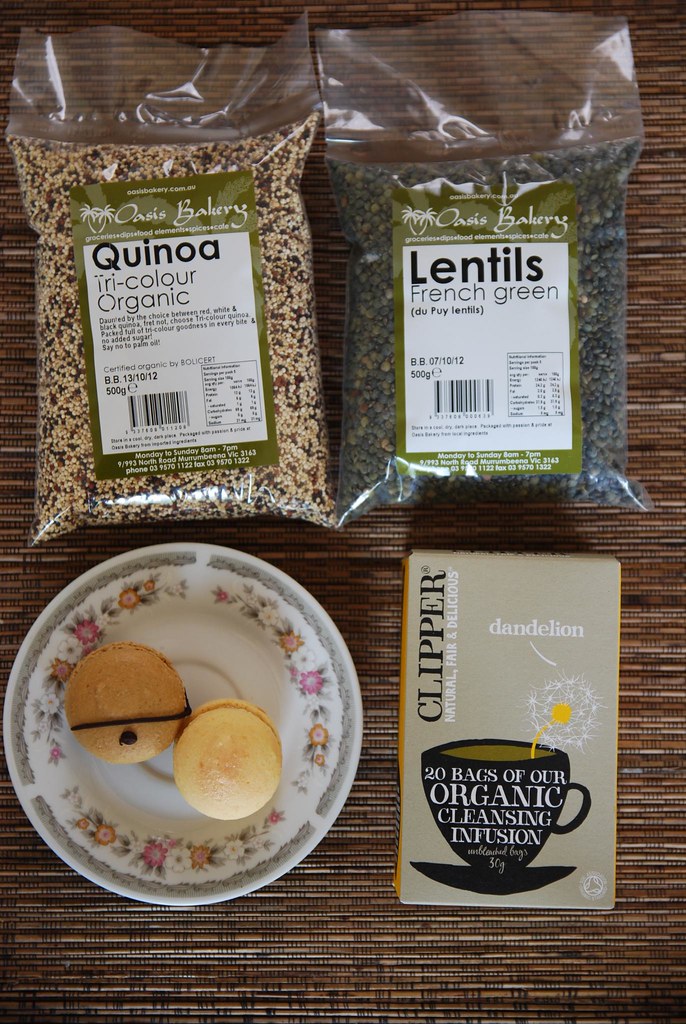
Let’s be real – constipation is one of those awkward, uncomfortable issues that no one really wants to talk about. Yet, it remains one of the most frequent gut health complaints in the US, affecting millions and often bringing with it a host of uncomfortable symptoms like gas, bloating, and stomach pain. While it’s a common challenge, it’s also one with numerous effective, natural solutions, many of which can be found in our daily beverages.
Our journey into the world of digestive wellness reveals that relief isn’t just about harsh medications; it’s about understanding how specific drinks interact with our gastrointestinal system. From ancient herbal remedies to modern fermented marvels, these expert-recommended beverages offer a compelling path to regularity. Each selection is backed by clinical insights and historical use, providing not just immediate effects but also long-term digestive support.
In this comprehensive guide, we will dissect the science behind these powerful liquids, exploring their unique components, mechanisms of action, and the most effective ways to incorporate them into your routine. We delve beyond surface-level advice to provide you with an authoritative, detailed understanding, much like an expert automotive review dissects engine specifications, to help you navigate your way to optimal gut health and quick relief.

1. **Creamy, Comforting Kefir**
Kefir, often described as the cultured cousin of yogurt, stands out as a formidable ally in the quest for digestive harmony. It is brimming with probiotics, those beneficial live active cultures that are indispensable for a healthy gut microbiome. According to a study, these live active cultures in kefir significantly improve overall digestive function and offer tangible relief from the discomfort of constipation.
The unique composition of kefir, particularly its lactic acid content derived from the probiotics, plays a pivotal role in stimulating the intestines. This stimulation encourages peristalsis—the wave-like contractions that are essential for efficiently moving waste through the digestive tract. This mechanical action, combined with the beneficial bacterial balance it promotes, positions kefir as a multi-faceted solution for maintaining regularity.
Beyond its functional benefits, kefir’s smooth, slightly tangy flavor profile can be incredibly soothing for an irritated digestive tract, making it a pleasant inclusion in one’s daily regimen. Its versatility also allows for diverse methods of consumption, ensuring it can fit seamlessly into various dietary preferences.
To integrate kefir into your diet for digestive benefits, a 4-8 ounce serving is generally recommended. This can be enjoyed on its own, blended into a nourishing smoothie with fruits and vegetables, or even utilized as a base for creamy dips and dressings. For those who enjoy culinary experimentation, it can even serve as a healthful substitute for milk in a variety of baked goods, with experts suggesting a gradual increase in serving size to allow the body to adjust.
Read more about: Power Up Your Plate: 15 Essential Foods to Turbocharge Your Immune System This Cold and Flu Season

2. **Soothing Aloe Vera Juice**
While commonly recognized for its external soothing properties for sunburns, aloe vera also possesses remarkable internal benefits, particularly for digestive health. Its efficacy as a laxative is attributed to natural compounds such as anthraquinones and glycosides. A comprehensive review highlighted that aloe vera effectively stimulates bowel movements, providing gentle yet reliable relief from constipation.
The mechanism behind aloe vera’s digestive aid lies in these active compounds, which interact with the intestinal lining to promote fluid secretion and muscle contractions, thereby facilitating the passage of stool. This action is not merely mechanical; the polysaccharides present in aloe vera are also thought to exert a calming influence on the digestive tract, reducing irritation and inflammation that can exacerbate constipation.
However, the selection of aloe vera juice is critical. To ensure maximum benefit and avoid unwanted additives, it is imperative to choose pure, unprocessed aloe vera juice, free from added sugars or artificial preservatives. This dedication to purity ensures that the natural healing properties of the plant are delivered directly to your digestive system.
For effective incorporation, 2-4 ounces of pure aloe vera juice, mixed into water, juice, or a smoothie, can be consumed once or twice daily. Starting with the lowest recommended dose and incrementally increasing it as needed allows the body to adapt and helps identify the optimal intake for individual needs. For those who prefer alternatives, aloe vera supplements are also available in convenient liquid or capsule forms.
Read more about: Your Daily Sip: 14 Expert-Backed Drinks to Naturally Lower Blood Sugar and Boost Your Metabolic Health

3. **Earthy, Gentle Senna Tea**
Senna tea represents an age-old herbal remedy, revered for centuries for its gentle yet effective laxative properties. Its active compounds, known as sennosides, are naturally found in the leaves and pods of the senna plant. As highlighted in a study published in the World Journal of Gastroenterology, these sennosides are instrumental in relaxing intestinal muscles and simultaneously stimulating contractions, thereby making bowel movements easier and more consistent.
The Food and Drug Administration (FDA) has recognized senna as an approved herbal remedy for constipation relief, suitable for most individuals over the age of two, including pregnant women. This endorsement speaks to its established efficacy and safety profile when used appropriately. However, the agency advises against using senna for more than one week continuously, emphasizing its role as a short-term intervention.
It is also crucial to note that individuals with pre-existing gastrointestinal conditions should exercise caution and typically avoid senna altogether, due to its potent stimulant effects. The prudent use of senna underscores the importance of understanding its specific actions and limitations to ensure safe and effective relief.
To prepare senna tea, steep 1-2 teaspoons of dried senna leaves in hot water for 5-7 minutes. While senna naturally possesses a slightly bitter, earthy taste, this can be pleasantly mitigated by adding a touch of honey or a slice of lemon. It is advisable to drink the tea in the morning or afternoon, commencing with a single cup per day and carefully monitoring one’s individual response, as its effects can vary significantly among individuals.

4. **Mineral-Rich Magnesium Water**
Magnesium emerges as a superstar nutrient in the realm of constipation relief, acclaimed for its capacity to act as a natural osmotic laxative. This means it actively draws water into the intestines, a critical process that softens the contents of the bowels. This increased hydration and softening of stool are fundamental for facilitating smoother and more comfortable bowel movements.
The influx of water into the intestines, orchestrated by magnesium, also plays a key role in stimulating peristalsis, the rhythmic, wave-like contractions of intestinal muscles. These contractions are the body’s natural mechanism for propelling waste through the digestive tract. Therefore, magnesium’s dual action of softening stool and enhancing intestinal motility makes it an exceptionally effective agent for restoring regularity.
Beyond specific mineral waters, magnesium is also one of the essential nutrients found in natural uncarbonated mineral water, alongside Calcium, Potassium, Sodium, Silicon, and Fluor. Experts, according to a medical study, strongly recommend the daily intake of natural mineral water, especially for improving bowel frequency and stool consistency, with a particular focus on those rich in magnesium and sulphate for functional constipation.
To harness these benefits, one can simply swap regular drinking water for magnesium-rich mineral water, or alternatively, incorporate a magnesium supplement into their daily fluid intake. When selecting mineral water, seeking out brands that contain at least 100-200mg of magnesium per serving is advised. It is wise to begin with smaller doses and gradually increase them until the desired bowel-stimulating effect is achieved, always ensuring adequate overall fluid intake.
Read more about: Beyond the Brain Fog: Uncovering 14 Key Nutrient Deficiencies Behind Chronic Fatigue and Cognitive Decline in Americans

5. **Fiber-Fueled Psyllium Husk Drink**
Psyllium husk is celebrated as a soluble fiber powerhouse, renowned for its ability to expand significantly within the gut upon contact with water. This expansion adds substantial bulk to the stool, a crucial factor in facilitating its easier and more efficient passage through the digestive system. A comprehensive review underscored psyllium’s efficacy as a gentle yet potent laxative for alleviating constipation.
The mechanism of psyllium husk is rooted in its hydrophilic nature; it readily absorbs excess water in the intestines. This absorption not only increases stool volume but critically softens its consistency, transforming dry, hard stool into a more pliable form that is considerably easier to pass. This process helps to regulate bowel movements without the harshness often associated with stimulant laxatives.
As a form of insoluble fiber, psyllium contributes to the overall volume of fecal matter, which, in turn, helps to protect the intestines and prevent dry stools. It works by creating a larger mass within the intestines, allowing the stool to move through with greater ease, a principle supported by medical research on insoluble fibers such as bran and methylcellulose for chronic idiopathic constipation.
Incorporating psyllium husk powder is straightforward: stir 1-2 tablespoons into a glass of water, juice, or your preferred smoothie. It is vital to drink the mixture immediately after preparation, as psyllium rapidly thickens. Starting with the lower end of the recommended serving and gradually increasing it as needed is advisable. Crucially, a significant increase in water intake throughout the day is non-negotiable, as this prevents potential side effects such as gas or bloating and ensures the fiber can perform its function effectively.

6. **Warming, Stimulating Ginger Tea**
Ginger, an ancient spice, possesses remarkable anti-inflammatory properties that can soothe an upset digestive system, making it an invaluable remedy for gastrointestinal discomfort. Beyond its calming effects, a study highlighted that the active compounds within ginger, particularly gingerol and shogaol, may also actively stimulate intestinal contractions. This stimulation is essential for promoting the movement of waste through the bowels, directly addressing sluggish digestion.
The act of consuming warm liquid itself can stimulate the gastrointestinal tract and aid in relieving constipation, a point emphasized by experts. When this warming effect is combined with ginger’s inherent stimulating properties, it creates a synergistic action that can effectively encourage bowel movements. The spicy, invigorating flavor of ginger tea further contributes to relaxing intestinal muscles, helping to get things flowing smoothly.
Ginger’s role in digestion extends to preventing the dilution of gastric acid when consumed appropriately, an essential process for the efficient digestion of solid food. This comprehensive support for the digestive system positions ginger tea as more than just a symptomatic relief but a holistic aid for gut health.
To prepare a beneficial cup of ginger tea, steep fresh grated ginger or dried ginger powder in hot water for 5-7 minutes. For an added digestive boost, a slice of lemon can be included. It is recommended to drink this tea 1-2 times per day, ideally with meals, to support healthy digestion and maintain regularity. As with many remedies, starting with smaller servings and adjusting based on individual response is the most prudent approach.
Read more about: The Vulture View: 14 Essential Netflix Films Currently Dominating Screens and Minds

7. **Refreshing Peppermint Tea**
Similar to ginger, peppermint offers a calming and relaxing effect on the gut, making it a soothing yet effective beverage for digestive complaints. A review illuminated that the menthol present in peppermint is key to its therapeutic actions; it helps to stimulate intestinal muscles and increase bile flow. This dual action is crucial for promoting regular bowel movements, as both muscle contractions and efficient bile production are vital for healthy digestion.
Peppermint tea stands out as a refreshing, naturally caffeine-free option, making it suitable for consumption at any time of day without concerns about disrupting sleep patterns. Its inherent properties also make it an excellent choice for alleviating any discomfort or cramping that can be associated with constipation, offering a gentle antispasmodic effect on the smooth muscles of the digestive tract.
The calming impact of peppermint on the gut is particularly beneficial for those experiencing stress-induced digestive issues, as chronic stress can significantly disrupt the gut-brain axis and contribute to constipation. By soothing the digestive system, peppermint tea supports a more harmonious internal environment, facilitating natural bowel function.
To brew a comforting cup of peppermint tea, steep 1-2 teaspoons of dried peppermint leaves in hot water for 5-7 minutes. This invigorating tea can be enjoyed once or twice daily, either on its own or with a touch of honey for a hint of sweetness. For convenience, peppermint tea bags are widely available in most grocery stores, providing an easy way to access its digestive benefits regularly.
Our exploration of digestive wellness continues, moving beyond the initial seven remedies to uncover more powerful drinks and strategies. These selections are not merely quick fixes but represent a deeper understanding of how specific inputs can significantly influence gastrointestinal function, offering both immediate relief and foundational support for long-term gut health. We examine their unique contributions, scientific backing, and optimal integration into your daily regimen, ensuring you have a full arsenal against the discomfort of constipation.
Read more about: Unwrapping Joy: My Enthusiastic Deep Dive into 10 Must-Buy Trader Joe’s Holiday Treats This Season!

8. **Ayurvedic Triphala Tea**
Venturing into ancient wisdom, Triphala stands as a venerable Ayurvedic herbal blend, revered for its natural laxative properties. Composed of three distinct fruits—Amalaki, Bibhitaki, and Haritaki—this blend has been utilized for centuries to promote digestive harmony. Its efficacy as a natural stimulant is well-documented, making it a cornerstone in traditional medicine for regulating bowel function.
A study referenced in our research indicates that the compounds inherent in Triphala, such as chebulinic acid and gallic acid, are instrumental in softening stool consistency and actively stimulating bowel movements. This gentle yet effective action helps to ensure the efficient passage of waste through the digestive tract, addressing sluggishness without harshness.
The unique taste profile of Triphala tea is often described as slightly bitter and astringent, reflecting its potent herbal composition. However, this distinct flavor can be pleasantly balanced by incorporating natural sweeteners like honey or a refreshing squeeze of lemon, making it a more palatable addition to one’s daily routine.
To effectively integrate Triphala tea for digestive benefits, steep 1-2 teaspoons of the dried herbal blend in hot water for 5-7 minutes. It is typically recommended for consumption once or twice daily, ideally in the morning or before bedtime, to support consistent regularity. As with many herbal remedies, starting with a lower dose and adjusting based on individual response is a prudent approach.

9. **Gut-Friendly Kombucha**
Kombucha, the effervescent fermented tea, has soared in popularity, largely due to its remarkable gut-balancing properties. It is a living elixir, brimming with beneficial probiotics that are essential for nurturing a diverse and healthy gut microbiome. These live active cultures are pivotal in fostering a thriving internal ecosystem, which is foundational for optimal digestive function.
A review highlights that beyond its probiotic content, the natural carbonation present in kombucha can contribute a mild laxative effect. This subtle effervescence provides a gentle stimulus to the intestines, encouraging peristalsis—the rhythmic contractions necessary for propelling waste through the digestive system. This dual action of probiotics and carbonation positions kombucha as an effective aid for constipation relief.
However, in selecting kombucha for its digestive benefits, diligence is paramount. As Czerwony aptly notes, “Probiotic drinks, like kombucha, can also help constipation by growing healthier gut bacteria.” But Dr. Newberry cautions against varieties laden with “additives like sugar, artificial sweeteners and caffeine, as these may affect your bowels.” Opting for plain, unsweetened varieties ensures you maximize the gut-healing advantages while avoiding potentially counterproductive ingredients.
Incorporating kombucha into your daily routine is straightforward. An ideal serving typically ranges from 8-12 ounces per day, which can be enjoyed on its own, diluted with water, or mixed into a favorite juice. Kombucha is readily available in the refrigerated sections of most grocery stores and natural food markets, offering a convenient path to improved digestive health. It is advisable to start with smaller servings to allow your body to gradually adjust to its unique composition.

10. **Apple Cider Vinegar Tonic**
Apple cider vinegar (ACV) has earned its reputation as a digestive superhero, a versatile agent in promoting gastrointestinal health. Its primary active component, acetic acid, is a catalyst for digestive processes. A study emphasizes its capacity to stimulate stomach acid production and enhance bile flow, two crucial elements for the efficient breakdown and absorption of nutrients.
Beyond its role in stimulating digestive secretions, the pectin found in ACV contributes a mild laxative effect. This soluble fiber, also celebrated in fruits like apples, forms a gel-like substance in the gut, which can help to soften stool and facilitate smoother transit through the intestines. This makes ACV a multifaceted aid for improving overall digestive regularity.
The robust stimulation of stomach acid and bile by ACV is critical for optimal digestion, particularly for the breakdown of fats and proteins. When these processes are optimized, the digestive system operates more efficiently, reducing the likelihood of undigested food contributing to sluggish bowel movements and constipation.
To harness these benefits, it is recommended to mix 1-2 tablespoons of raw, unfiltered apple cider vinegar into a glass of water, juice, or tea. For enhanced palatability, a touch of honey or a squeeze of lemon can be added. This tonic can be consumed 1-2 times per day, ideally with meals, to support healthy digestion and maintain consistent regularity.
Read more about: Your Daily Sip: 14 Expert-Backed Drinks to Naturally Lower Blood Sugar and Boost Your Metabolic Health

11. **Probiotic-Rich Beet Kvass**
Beet kvass, a traditional fermented beet drink, offers a potent dose of gut-friendly probiotics, making it a distinctive contender in the realm of digestive health. This vibrant beverage is a testament to the power of fermentation, transforming simple beets into a complex, beneficial tonic that supports a flourishing gut microbiome. Its unique composition helps to introduce and nourish the beneficial bacteria vital for digestive balance.
A study published in the Journal of Medicinal Food specifically highlighted that the betalains—the powerful antioxidants responsible for beets’ rich color—present in beet kvass may exert a mild laxative effect. This action is further supported by the drink’s ability to stimulate bile production and enhance peristalsis, collectively working to encourage smoother and more regular bowel movements.
The distinctive tangy, earthy flavor of beet kvass can be an acquired taste for some, reflecting its fermented nature and deep beet character. However, its profound digestive benefits make it a worthy consideration for those seeking natural remedies. Its efficacy in stimulating essential digestive functions underscores its value as a powerful, if unconventional, tool for regularity.
For effective incorporation, begin with a small serving of 4-6 ounces of beet kvass per day, consumed either on its own or diluted with water to mitigate its intensity. The serving size can be gradually increased as your body adapts to its effects. Beet kvass is increasingly available at natural food stores, and for the adventurous, it can also be prepared at home through a relatively simple fermentation process.

12. **The Ol’ Reliable: Coffee**
While perhaps not the first choice for a “healthy” beverage due to its dehydrating potential if not balanced with water, coffee holds a long-standing reputation for providing reliable constipation relief for many individuals. It is a well-known stimulant, and its effects on the digestive system are often immediate and pronounced, making it a go-to for those seeking quick action.
According to a review published in the World Journal of Gastroenterology, the caffeine present in coffee acts as a powerful stimulant, directly triggering contractions in the intestines. This stimulant effect is what often leads to that “oh-so-necessary urge to go.” Moreover, coffee has been shown to stimulate the release of gastrin, a hormone that plays a significant role in increasing overall digestive activity and motility.
Interestingly, even decaffeinated coffee, which contains less than 5% caffeine, retains a sufficient amount to exert a stimulant role within the intestines. This, combined with the warm liquid effect, creates pressure and contractions that facilitate instant bowel movement without significant side effects, as noted in various medical observations. The warmth of the liquid itself can further enhance gastrointestinal stimulation.
To effectively leverage coffee for its bowel-stimulating properties, an 8-12 ounce cup in the morning is typically sufficient. However, it is crucial to avoid drinking coffee on an empty stomach, as this can potentially irritate the digestive system for some individuals. Due to coffee’s potential dehydrating effects, maintaining adequate hydration by consistently drinking water throughout the day is paramount when using this method for regularity.

13. **Legendary Prune Juice**
Prunes and their juice are virtually synonymous with digestive health, and for excellent reason. Their renowned efficacy stems from a powerful combination of high fiber and sorbitol content. As a study highlights, these components work synergistically to soften stool and actively stimulate bowel movements, making prune juice an exceptionally effective natural laxative. Beyond fiber and sorbitol, prunes also contain phenolic compounds that contribute a mild stimulant effect on the intestines, further promoting regularity.
Dr. Newberry underscores prunes as “another simple trick to empty your bowels immediately.” Recent research, including a 2022 study published in *Food & Function*, has unveiled benefits extending beyond mere fiber. This study revealed that prunes positively influence the gut microbiome and decrease inflammatory markers, thereby not only relieving constipation but also supporting broader bodily systems, including heart health.
Integrating prune juice into your regimen for immediate relief is straightforward. A small 4-6 ounce glass, consumed once or twice daily, is often sufficient. It can be enjoyed on its own or mixed with water or other fruit juices to dilute its distinct flavor, especially for those new to it. Starting with the lower end of the serving range and gradually increasing while monitoring your body’s response is the advised approach. Beyond juice, other forms such as prunes themselves, plum stew, or plum marmalade offer similar benefits.
Read more about: Pop Culture Gold: 12 A-Listers Who Gained Unexpected Fans Thanks to One Viral Snapshot

14. **Dandelion Tea**
Dandelion tea, often overlooked, is a powerhouse for digestive support, particularly recognized for its ability to stimulate key bodily functions. The bitter compounds naturally present in dandelion roots and leaves are instrumental in stimulating bile production and enhancing the activity of digestive enzymes. This comprehensive stimulation supports overall bowel function by optimizing the body’s natural digestive processes.
A study published in the *Journal of Ethnopharmacology* elucidates another valuable property: dandelion tea possesses a mild diuretic effect. This action contributes to waste elimination by helping to flush out the digestive system, further aiding in the relief of constipation. Moreover, the high inulin content within dandelion acts as a prebiotic, fostering the growth and activity of beneficial bacteria within the gut microbiome, which is crucial for a healthy and balanced digestive tract.
Dandelion tea offers a gentle yet effective approach to digestive wellness, harmonizing various mechanisms to promote regularity. Its ability to support bile flow, enzymatic activity, and healthy gut flora positions it as a holistic remedy that addresses multiple facets of digestive health, rather than simply acting as a mechanical stimulant.
To prepare a beneficial cup of dandelion tea, steep 1-2 teaspoons of dried dandelion root or leaf in hot water for 5-7 minutes. This earthy brew can be enjoyed once or twice daily, either unadorned or with a touch of honey or lemon to enhance the flavor. For convenience, dandelion tea bags are widely available in most natural food stores, offering an accessible way to incorporate its digestive benefits into your routine.
**Navigating the Path to Regularity: Final Considerations**
As we conclude this comprehensive guide, it’s vital to recognize that while these beverages offer natural and often effective paths to constipation relief, they are not without nuance. Understanding potential side effects and risks associated with overconsumption or specific health conditions is paramount. Remedies like kefir, aloe vera juice, senna tea, magnesium water, and psyllium husk, while beneficial, can lead to side effects such as gas, bloating, diarrhea, or electrolyte imbalances if not used judiciously, particularly for individuals with pre-existing medical conditions.
For instance, the FDA advises against using senna for more than one week continuously, and individuals with gastrointestinal conditions should typically avoid it. Similarly, those with diabetes or kidney disorders should approach magnesium-rich options with caution. Coffee, prune juice, and dandelion tea, while generally well-tolerated, require adequate water intake to counteract their diuretic or stimulant effects and prevent dehydration. Beet kvass and apple cider vinegar are largely safe but may cause minor digestive discomfort in sensitive individuals.
Read more about: Mastering Your Winter Lawn: An Expert Guide to Optimal Grass Cutting for a Thriving Spring
Each person’s digestive system is a finely tuned, unique mechanism, and what works seamlessly for one may not for another. Therefore, a judicious approach involves starting with smaller servings, meticulously observing your body’s responses, and not hesitating to experiment with different options. Beyond these potent drinks, integrating lifestyle adjustments such as regular physical activity, increasing overall fluid intake, and incorporating more fiber-rich foods like fruits, vegetables, and whole grains, can significantly bolster digestive health. Establishing a consistent bathroom routine and practicing stress management further contribute to a harmonious gut. Should constipation prove persistent or worsen despite these efforts, consulting a healthcare professional is always the most prudent next step to ensure underlying issues are addressed and personalized guidance is provided for sustained digestive well-being.



